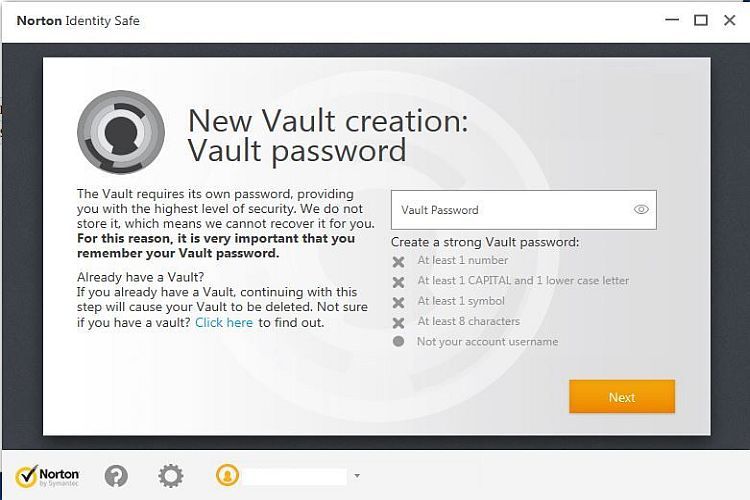Using A Password Manager Can Help Your Internet Security

If you're like many if not most people who use the Internet regularly you likely visit many websites on a regular basis and it's likely that many of those require that you log in to accomplish your given task. That requires a password and if you have a dozen or even more (as many people do) it can become a real chore to manage them all yourself. It is entirely possible to do so and if you're comfortable managing your passwords this is a good thing but are you managing passwords which are all based on strong encryption? That question is viable in that if you don't allow your passwords to be saved by a given website or by a browser and you generally type them in manually perhaps - just perhaps - you choose to use a password which is not really long or complicated enough to meet strong encryption standards. That is not conducive to good Internet Security practices and you might want to reconsider your current password plan or scheme if that is the case. Using strong password encryption means no simplistic passwords and proper complex passwords can be saved for you so you need not type them in and if you want that then using a password manager can help your Internet Security.
Many Password Managers From Which You Can Choose
The image above shows the Norton Vault (aka Norton Identity Safe) which is one of many possibilities when it comes to password managers. What this does is securely store any or all of your passwords in the cloud protected by one Master Password which would be the only one you MUST remember. Many other security software vendors also include password managers in their software suites so if you're using Kaspersky, McAfee, or Trend Micro you probably have a password manager built in. Beyond those vendors there are also stand alone password managers some of which are recommended by respected reviewers such as Lifehacker, PCMag, and even the New York Times. These vendors include 1Password, Dashlane, LastPass, RoboForm, Sticky Password, and others. One thing to consider would be the fact that these are not all the same, some having functions others don't have (such as secure password generation, credit card info, etc.) but they do all save your passwords and input them for you in the appropriate website's password field. If you do use one of these and it offers secure password generation, use it because the more secure the better. There are indeed many to choose from and doing some research might lead you to finding one you're comfortable with.
You Can Make Your Own Password Manager
There are lots of people today who are not comfortable with their passwords being stored online at all whether that is via a browser or any password manager. If this does include you it does not mean you are out of options. Forgetting a password can be extremely frustrating so maybe you're keeping a list somewhere but maybe that's not a secure option. What does give you security is using an encrypted database. If you have Microsoft Office you may have Microsoft Access as part of that software suite and you can make your own password manager using that software. This is also true with Apache Open Office and their Base Software which does essentially the same thing as Microsoft Access. All this requires is creating a new Access (or Base) database and listing all of your passwords and their associated data such as websites, usernames etc. line by line and saving it in encrypted form choosing a separate strong master password which you will need to remember. Once that is done you won't have to worry about forgetting because you can always refer back to that database and update it when you change any passwords, needing only to remember that one master password!
